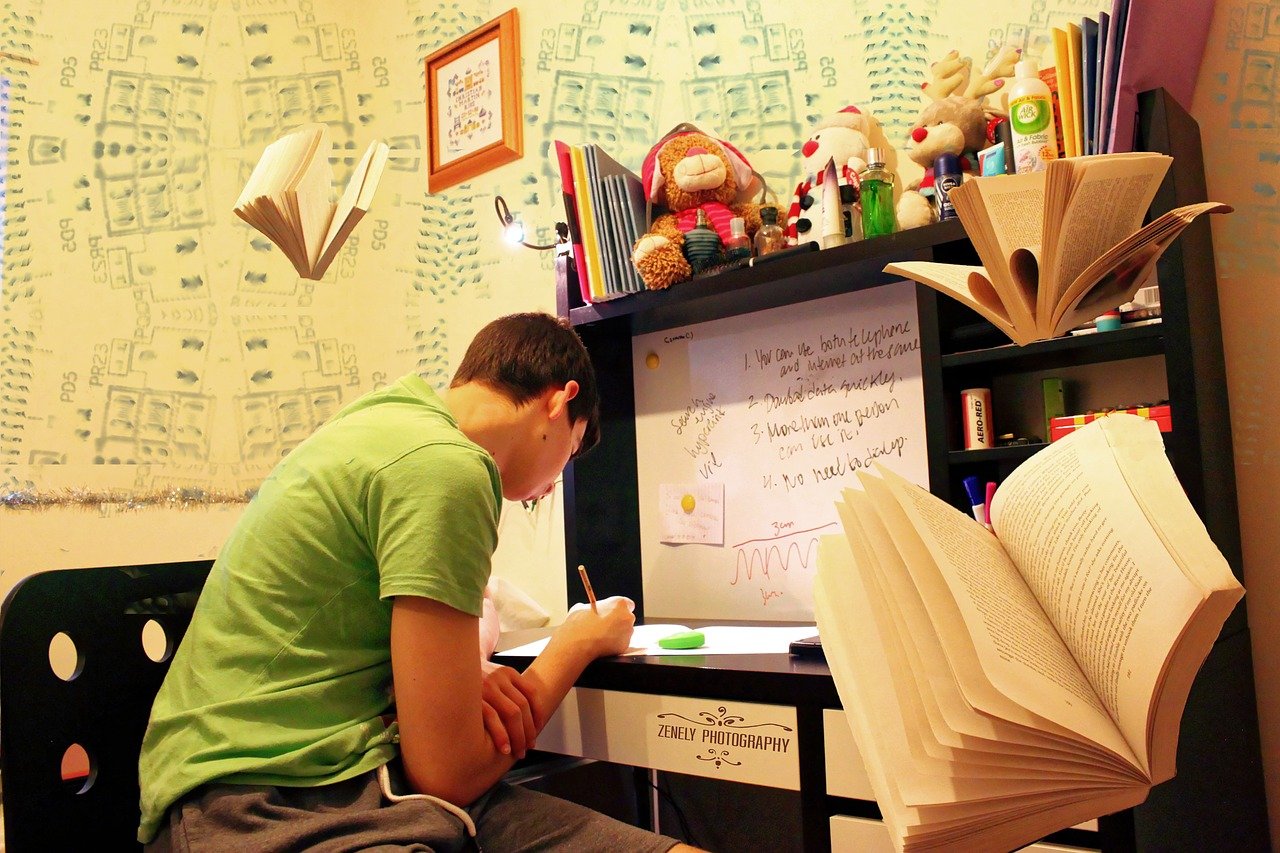Are you a teacher who is tired of constantly assigning homework but not getting the desired result from your students? Low-quality homework is usually because students lack revision and understanding of the topic.
Mostly, homework is looked upon as an extra headache by students because they are more comfortable revising a subject rather than going through the troubles of writing, typing, and solving quizzes. For them, spending 6 to 8 hours on the school learning management system or school LMS is more than enough. Yet, teachers can come up with ideas to make their assignments interesting.
Making homework interesting increases the quality of work, and students learn more because it is a subject topic or method of writing homework that needs their practical application understanding of the homework rather than theoretical answers.
How to NOT assign homework
Teachers should not use some traditional forms of giving homework through the school learning management system, mostly because the students find online learning boring, and extra boring homework does not help them. Let’s look at what teachers should not be doing;
- Assigning the entire exercise portion after completing a chapter.
- Direct answers from the book which students can mark instead of writing them down in their copies.
- Long answers without explaining the topic properly.
- Quizzes on things that have already been covered in a classroom and answers are discussed.
- Consecutive assignments of the same type.
Here are some proven methods that help teachers come up with fun ways to assign homework which also increases the efficiency of students;
- Proper deadlines
Being strict is as important as being understanding. Students hate submitting assignments with a near deadline, this means that they can complete an assignment provided they are given the time. In this time, instead of procrastinating, the teacher can accelerate their progress with doing the homework by discussing the questions in a class which will stimulate them to write the answers as soon as they go home.
Asking students to submit their homework in an unrealistic timeframe will pressurize them. Not every student can perform their best under stressful situations. If they fail to complete it, they lose confidence in their work and demean themselves.
- Verify understanding of the assignment
A class consists of all types of students, especially the ones who don’t come up with their doubts and questions. Even after the teacher asks multiple times, students are uncomfortable coming up with their situation or problem with their homework because others are not doing the same, and it is embarrassing or awkward.
The first step is to explain the assignment, give hints about the answer, or guide them on how they can efficiently progress through the assignment. Some students prefer having a one-on-one conversation with the teacher if there is a doubt regarding the assigned work. Teachers can include this feature through the school LMS where assignments can be reviewed and resubmitted after having a personal conversation with the student through the same portal.
- The art of choice is
This is a tricky method because teachers are not honest with their students, but it is a method that has been proven useful by educators. They pick several important topics, and students are given an illusion of choice that they are free to choose any topic from among the given ones. Whichever one they choose, they are allowed to study it and summarize it. In the next few classes, assign every student a different topic to write a summary on which they have not chosen previously.
When students are asked to choose a topic on the first day, they feel included in the learning process. Moreover, they also admired the teacher for giving them options. This same loyalty is used in the next few classes to summarize other topics efficiently which were not chosen by them.
- Include a real audience
Some assignments could be presented by students if they like. This means that their work will have a real audience and judges apart from the educator whose opinions the student can consider. They can even help out juniors understand topics and get better at the topic themselves since they spent a lot of time studying it. Such activities boost the confidence of students and give them great communication skills.


